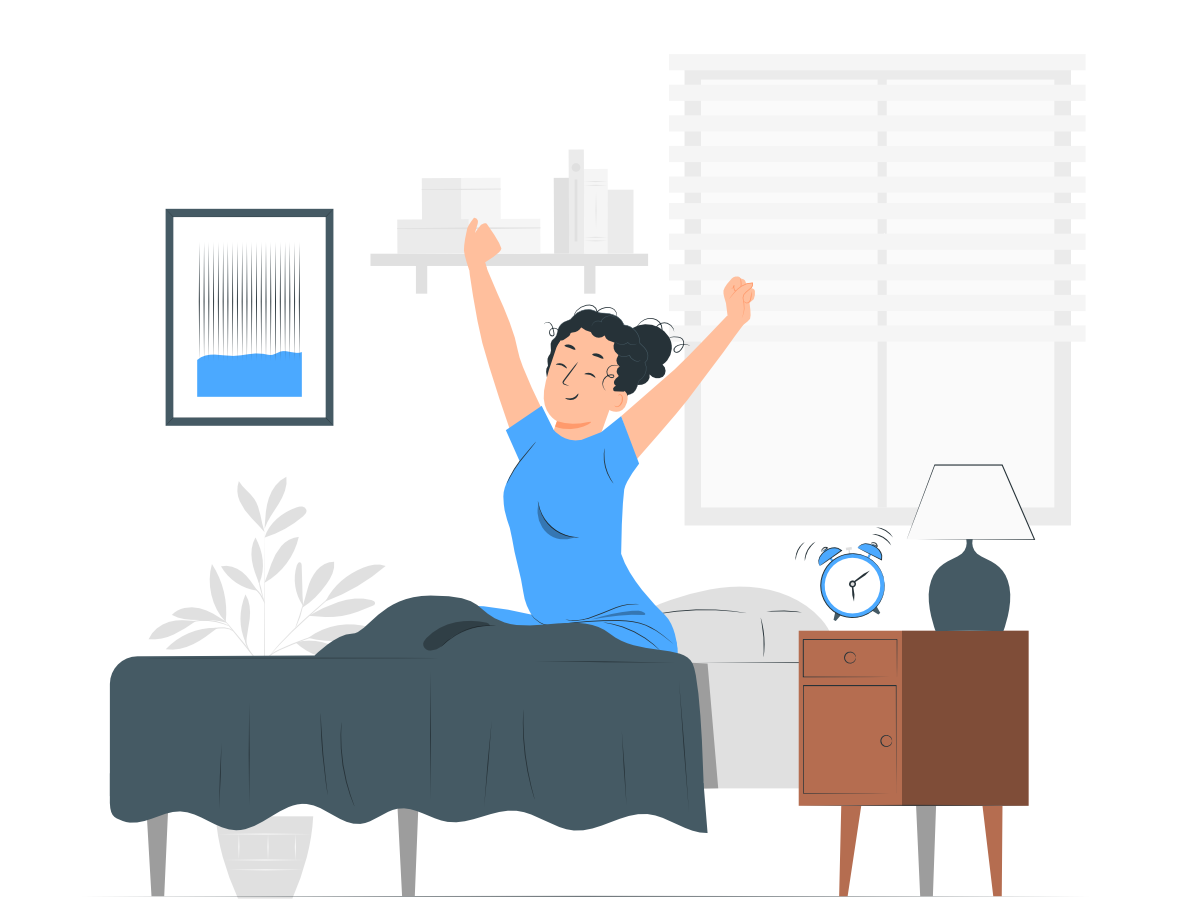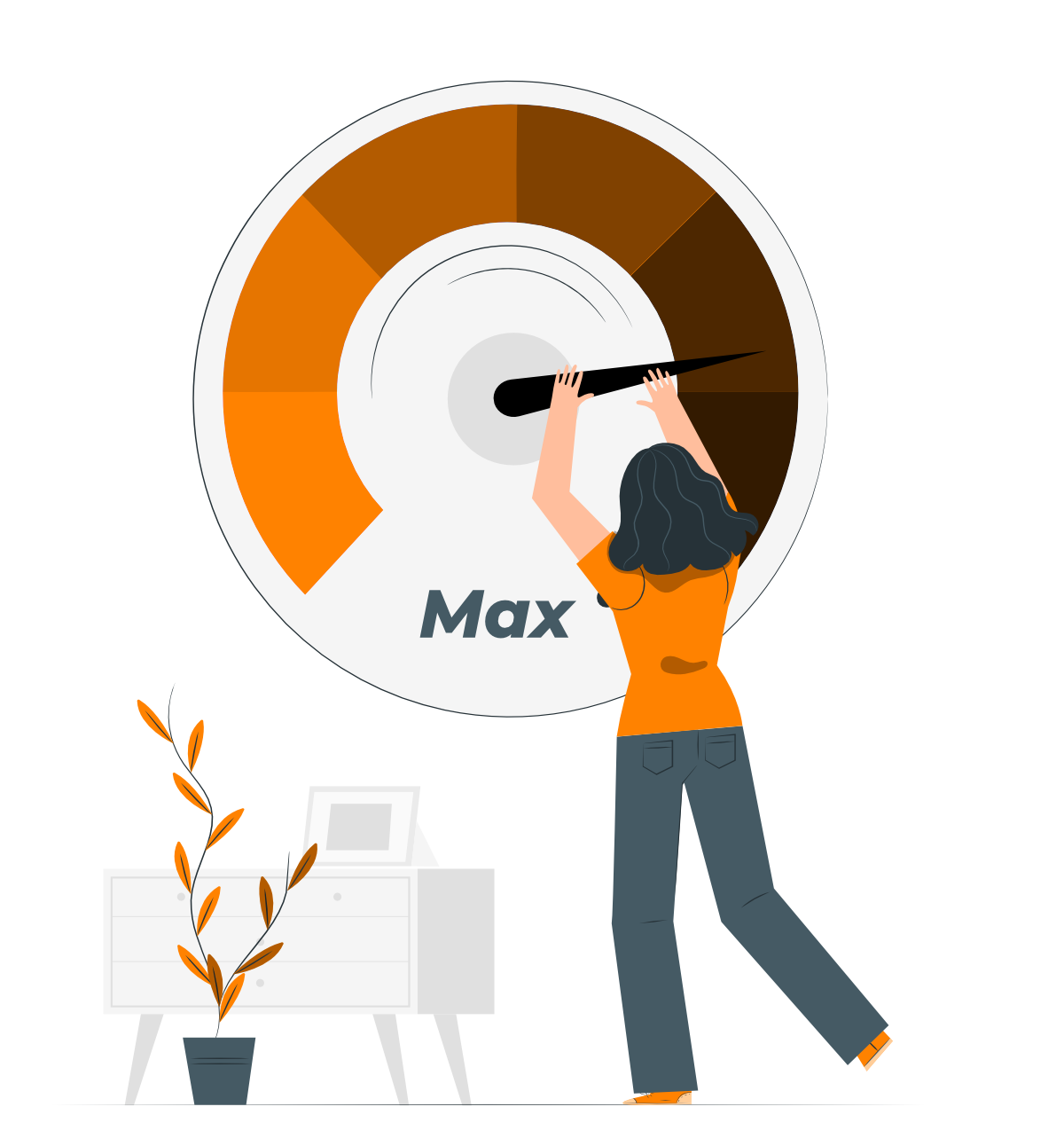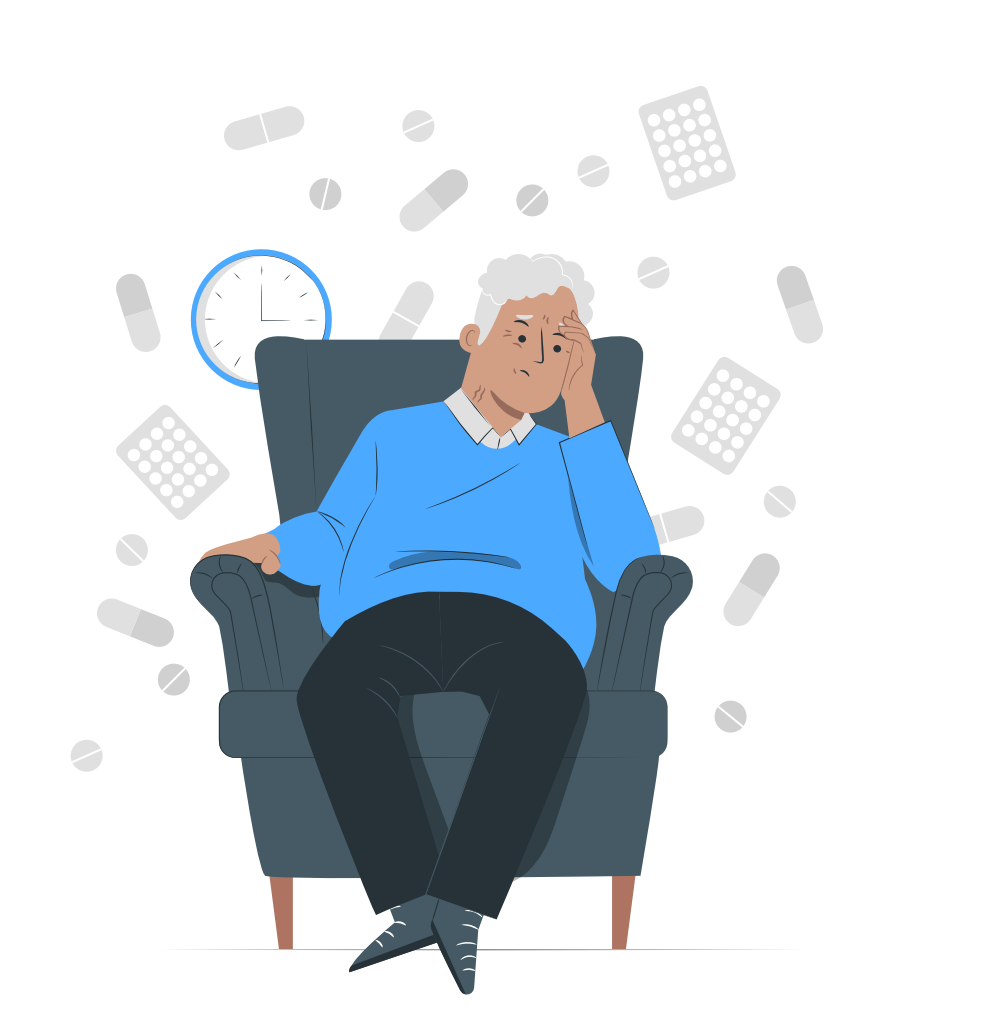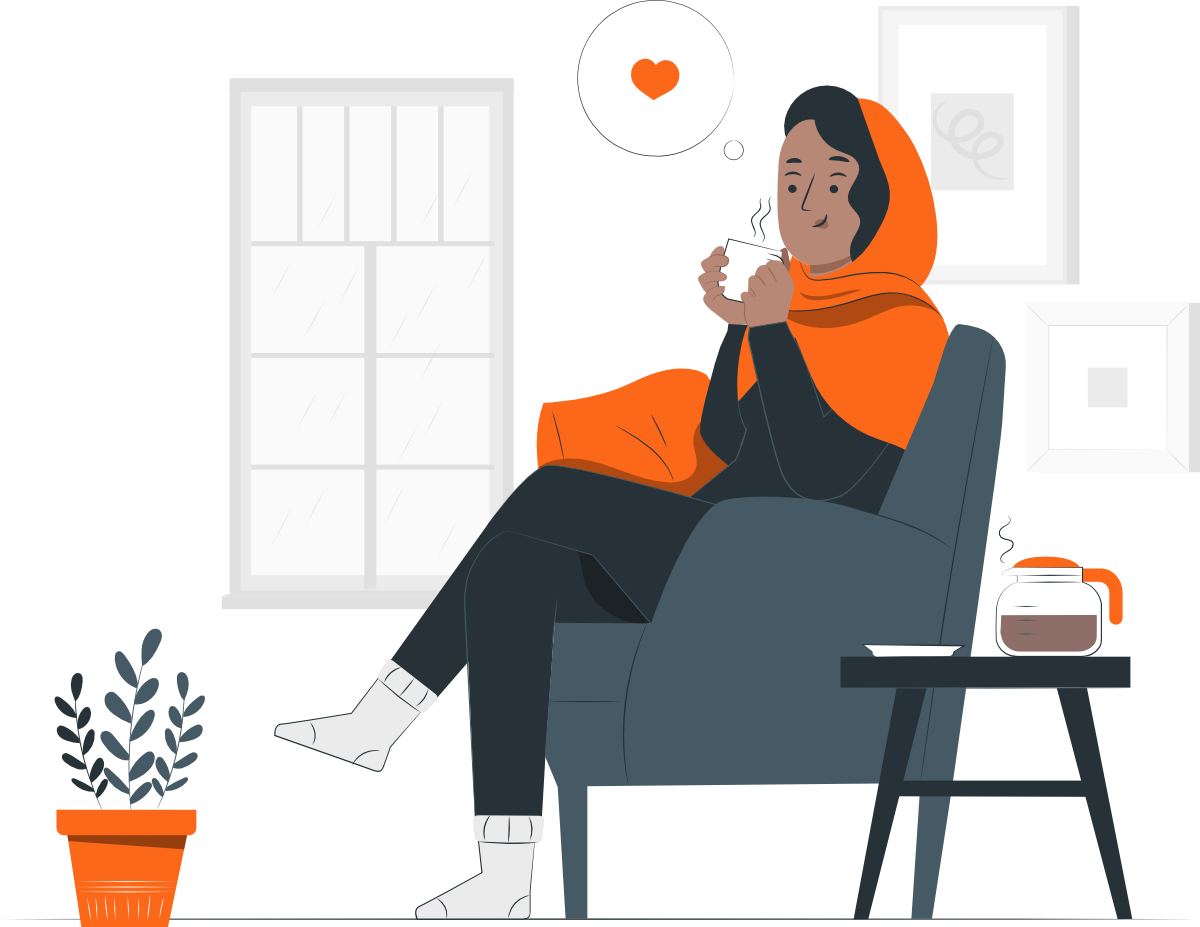Home | Explore our resources | Popular self-management skills
Here are some of the popular self-management topics that people with pain find most useful . . .

Getting a good night’s sleep
If you’re living with pain and struggling with sleep then you’re not alone. It’s very common for people with persistent pain to have difficulties getting to sleep or staying asleep.
The good news is that recent research shows that by making some changes you can achieve a healthier sleep pattern.
Understanding pain
Persistent pain is very different from the kind of pain you experience when you touch something hot or injure yourself.
It goes on long after the original cause, and affects different parts of the brain and nervous system.
It’s like a radio switched on permanently and the volume turned up.
So what can you do to turn it down?


Acceptance
Many people with persistent pain spend years looking for a medical explanation and for someone to fix their pain. Sadly we now know that most persistent pain can’t be cured.
This doesn’t mean that things can’t change or improve. Many people living with pain have found that the way forward is to be more accepting of their pain.
Getting active
Perhaps you used to lead an active life before the pain? Or maybe you were never into exercise or physical activities?
Either way, the fact remains that getting more active – and keeping it going – is one of the best things you can do to live well and lessen the pain.
It can also be one of the most difficult. This is where learning new skills comes in . . .


Pain medicines
Medicines people take when they have persistent pain are often referred to as ‘painkillers’. That might make you think that if you take them, the pain will go away.
We now know that in the long term only about 40 percent of people feel any benefit. Some pain medicines – opioids especially – can even make pain worse.
So how do you find out if your medicines are really helping? Or whether some of the difficulties you’re having are actually side effects of the medicines themselves?
Relaxation
There is plenty of evidence showing that relaxation and mindfulness can help people with persistent pain. For example, we know it can lessen pain levels, reduce stress and improve concentration.
So why not make a positive difference to your pain (and your life) by learning how to unwind your body and your mind . . .

 What is self management?
What is self management? Using our resources
Using our resources About us
About us Always trusted, always free
Always trusted, always free Explore our resources
Explore our resources Ten Footsteps programme
Ten Footsteps programme Professional tools
Professional tools Training for practitioners
Training for practitioners Our newsletter
Our newsletter Inspire – our blog
Inspire – our blog